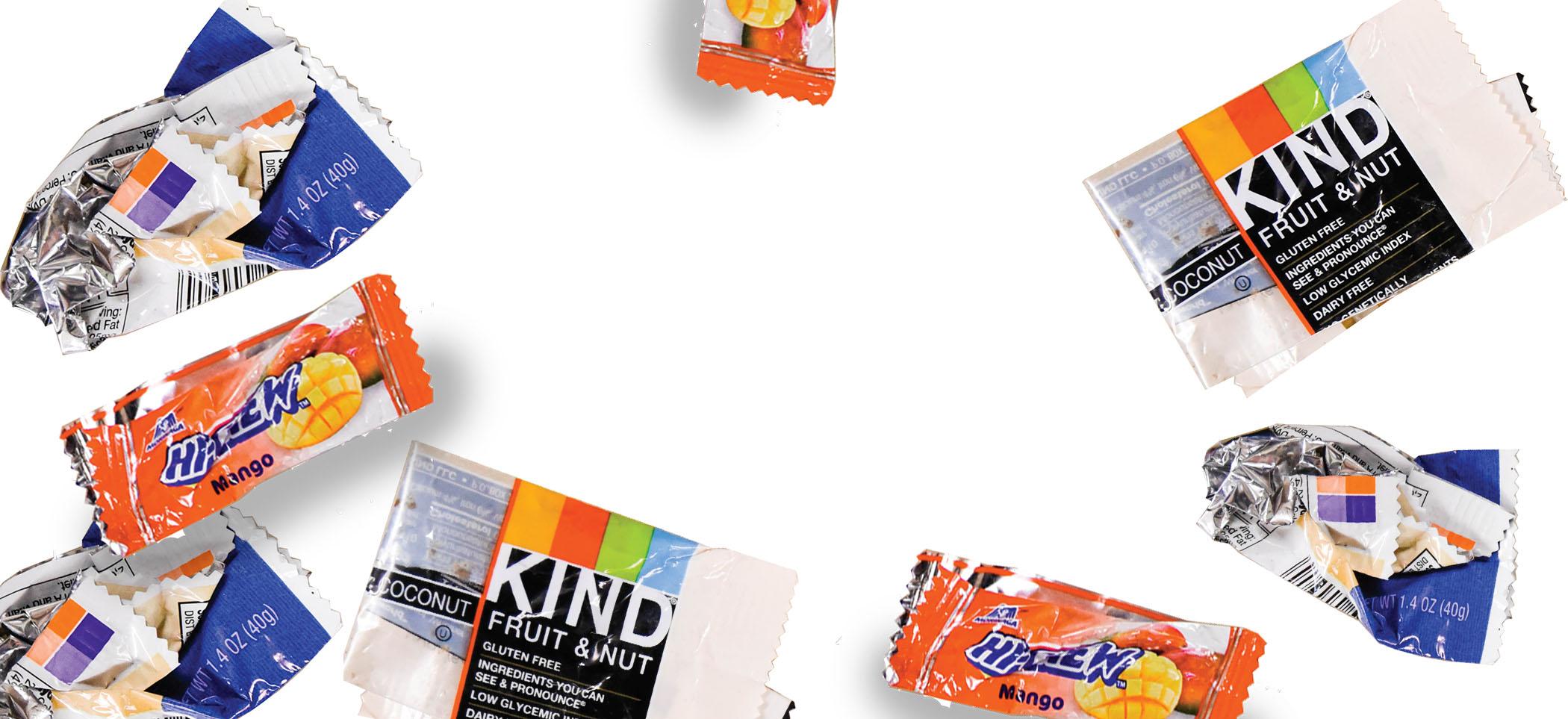With the decline of the drought and the increasingly idyllic weather, basking in the beauty of our surroundings is effortless. As the grass turns greener and weather gets better, there seems to be virtually no reason to pass up a picnic at the Foothills or a chance to hike the Dish. However, I’ve found that in taking advantage of our picturesque surroundings, we seem to be taking advantage of nature in the classical sense — stealing without giving back. Furthermore, we leave hints of our existence everywhere we go — wrappers from our picnics or plastic water bottles from our hikes — and we resume our lives without an afterthought.
With that in mind, I decided I was done mindlessly contributing to the litter that plagues our cityscape and ultimately fills our ever-growing landfills — I wanted to change my lifestyle to increase my sustainability. Though such tremendous modification is difficult, it is our duty as global citizens to think creatively about how we can contribute to environmental efforts. By cooperating and changing our lifestyles incrementally, our community can work towards sustainability. We just need to stop talking and start doing.
According to Palo Alto’s Chief Sustainability Officer Gil Friend, there are plenty of ways to decrease one’s carbon footprint.
“What everybody can do is experiment, and say ‘what’s one thing I can do in my life that can contribute to the environment and maybe make me happier?’” he says. “For example, I don’t drive, I eat relatively low on the food chain, I monitor my use of electricity and not only do I recycle but I minimize my purchase of waste-creating products.”
Friend stresses the significance of collaboration when it comes to sustainability.
“Pretty much everything you do involves engaging other people. … Bring ideas to your family, say, ‘I want to experiment with this or could we try that,’” he says. “I would encourage you to think two-dimensionally: ‘what are the things I can do by myself, and what can I do to work with others?’”
Reflecting on that advice, I steeled myself to “experiment” as Friend had recommended, and I decided to take on the Zero Waste Challenge, wherein I planned to spend a week without producing any trash. Disclaimer: it’s really hard.
The Zero Waste Challenge first appeared on my radar in January, when I came across a Buzzfeed video on my Facebook feed about going trash free. It followed the experience of Auri Jackson, a millennial living in Los Angeles who dedicated a week of her life to living without trash. She went so far as to build a huge compost bin complete with slimy earthworms in her apartment. By the end of the week Jackson had collected only a handful of trash, proving that with some determination, it is possible to go about our daily lives without destroying the environment in the process.
Jackson made going Zero Waste seem simple, so the guilty environmentalist inside me was dying to give it a try. But even just brainstorming foods that don’t come with excessive packaging was a draining experience. And then there were all of my hygiene products — how would I buy new shampoo? And what could I possibly use to pick up after my dogs? Beginning my endeavor was daunting, but still I ventured to the grocery store, reusable bags in hand. When I discovered there was no way to procure pasta or bread or even berries without the plastic packaging, I was disheartened. So I tried the levers in the grains aisle, attempting to fill my containers with unidentifiable seeds, and in the process I managed to spill my jar brimming with quinoa all across the floor.
I could have toughed it out and attempted to subsist upon fruits and vegetables alone, but I was too intimidated by the prospect of having to listen to my stomach growl for a straight week. So I left the store, giving up on my dream of reducing my ecological impact to zero.
As someone who claims to “love nature” and “care about global warming,” I felt I had made a poor attempt at trying to help save the world from the imminent doom that is climate change and pollution.
But looking through the lens of Friend’s philosophy, my failure to complete the Zero Waste Challenge doesn’t mean that I fail at sustainability itself. As Friend suggests, we must think innovatively in our efforts to make our practices more environmentally friendly.



